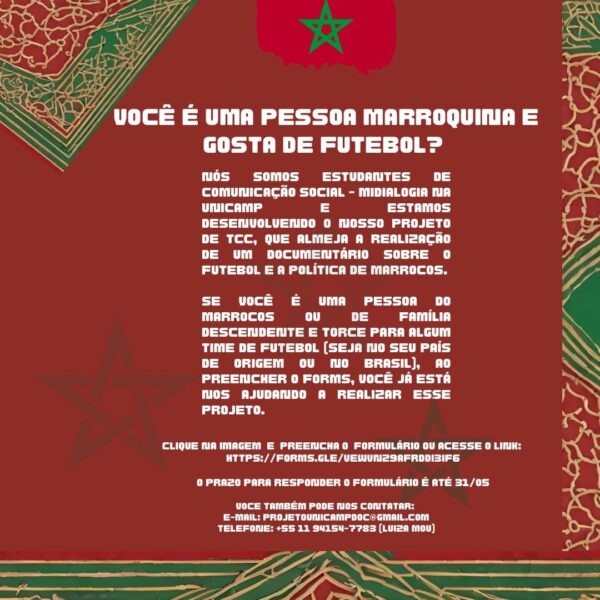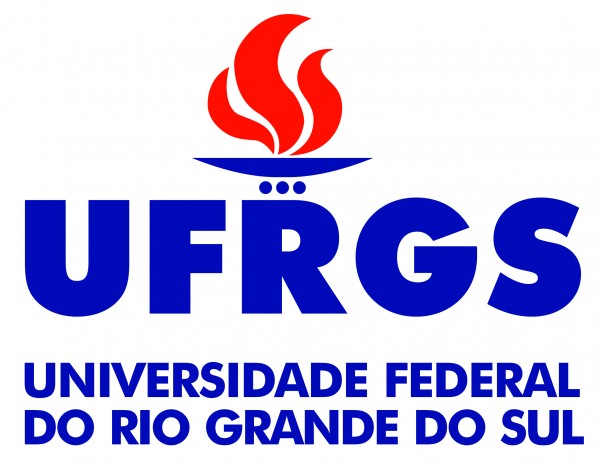Chamada From Walrave to the Super League: fifty years of jurisprudential activity in sport by the Court of Justice of the European Union

Fifty years ago, in 1974, the Court of Justice of the European Union (CJEU) started its jurisprudential activity in the field of sport when it stated that sport, as an economic activity, falls under the scope of EU law. The recent ruling in the case of the Superleague means a new step in consolidating a real sports doctrine by the Court. This activity is unprecedented for any other jurisdiction.
Three sentences basically mark these fifty years of activity of the CJEU. It is also interesting to underline the audiovisual framework at the time of each ruling because it appears evident that media evolution encompasses sports one. The first ruling was the Walrave case, when, for the first time, sport as an economic activity was challenged at the Court. The context was still an audiovisual environment characterised by the monopoly of the public system of broadcasting. The second key ruling, the Bosman case, arrived in 1995; the Court opened the doors to the free movement of sports players, removing the, until then, usual national framework; as a consequence, sports teams became cosmopolitan teams. The ruling coincides with the expansion of private and cable television in the Union, which provoked the explosion of audiovisual rights and pushed UEFA to change the layout of its competitions, creating the current Champions League. The last significant ruling in the case of the Superleague coincides with the development of digital platforms, looking for more attractive programmes, and clearly overpassing the strict national competition framework; the ruling also finishes with the monopolistic situation of both FIFA and UEFA, opening the possibility for other promotors to create new competitions. Finally, the ruling is also important since it clarifies the hierarchy of the Union’s competencies as the Court has interpreted the scope of Article 165 TFEU in relation to the sport.
The question is now to analyse the possible consequences of the ruling, how sports actors will use it, or whether FIFA and, UEFA and the rest of sports federations will react to the considerations released by the Court. Indeed, the Court has reiterated in the ruling until six opportunities that possible exemptions should be possible under the presentation of credible and argued pieces of evidence. Also, the Court has reiterated on twenty-four occasions that the internal procedures must be regulated in a transparent, objective, precise, and non-discriminatory manner to guarantee compliance with the law. In some way, the CJEU is warning sports organisations to stop using lobbying to keep their privileged status and start introducing better governance procedures by abandoning autocratic systems and introducing more representative and accountable methods.
Considering media noise around the ruling and its political connotation, academia can contribute to better framing the debate by doing research on the new challenges that the ruling offers to sports federations. It is also a good opportunity to reflect on the interdependence of media and sport: Can professional sports keep their own identity, or is it going to become a mere sub-category of audiovisual products?
Please send your abstract (2520-300 words) to [email protected] by 15/02/2024
Scientific Committee:
Jaime Andreu: Former Head of Sports Unit at the European Commission, Master in Law and Journalism
Daniel Capodiferro Cubero, Academic Secretary of the UNED Constitutional Law Department
Jean-Michel De Waele – Professor of Political Science, CEVIPOL, Université Libre de Bruxelles
Fonte: Cevipol.




